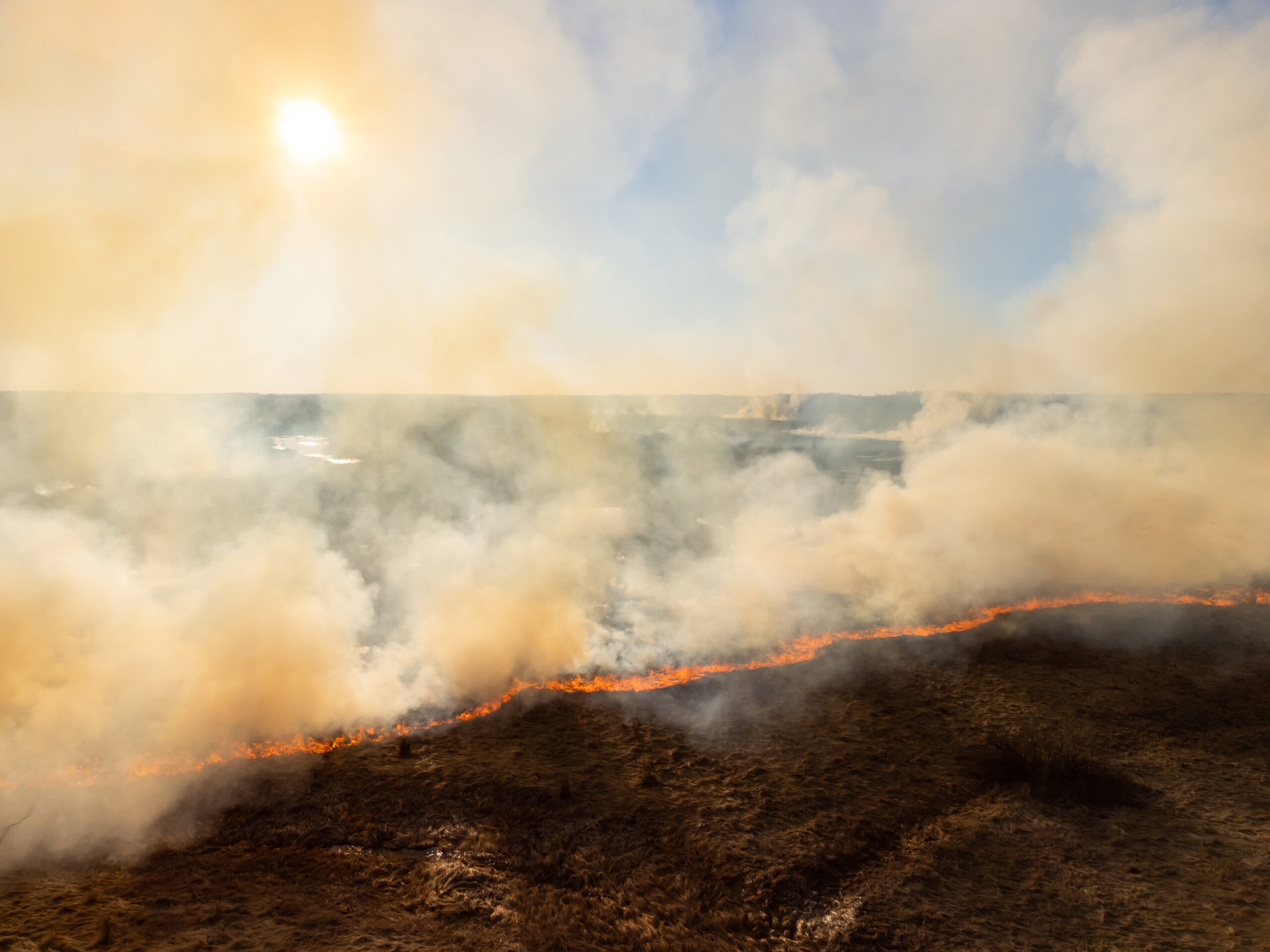On December 15, the Brazilian Development Bank (BNDES) announced the approval of a new rule for the granting of financing earmarked for rural properties as of March 10, 2014.
As of its effectiveness, there will be no granting of credit facilities to customers linked to environmental embargoes for illegal deforestation, even if the sanction has been applied to property not directly associated with the financing.
According to the news published on the BNDES portal, “these owners will be prevented from taking rural credit through the Bank’s programs and lines or, if the environmental embargo occurs after contracting, the disbursement of funds will be suspended. The Bank may also push forward the transaction’s maturity with the financial agent if customers fail to submit documents proving the adoption of measures to rectify the situation. ”
The Forest Code (Law 12651/2012) sets forth (Article 78-A) the need for environmental compliance, through CAR – Rural Environmental Registry, for the granting of agricultural credit facilities by financial institutions. This rule imposed to financial institutions the obligation and responsibility for checking compliance with environmental laws by rural property owners seeking credit facilities.
However, the new BNDES rule, which should be applied by the entire network of financial agents accredited by BNDES, is more restrictive than the Forest Code and the Central Bank’s Rural Credit Manual, which determines that access to credit will be denied to projects located in rural properties with an embargo resulting from illegal deforestation.
Through these measures, financial institutions seek to meet the new global agenda, where the focus is on the search for sustainable development, which in agribusiness implies a balance between agrarian economic activity and environmental protection.
It should be noted that the role of financial institutions transcends the moral and ethical character as sustainable development advocates, given that they may even be held indirectly liable for damage to the environment.
Thus, it is important that rural producers pay attention to possible sanctions and the status as environmental compliant properties, to avoid surprises and mishaps while contracting credit facilities.
Available at: https://www.migalhas.com.br/depeso/400558/desmatamento-ilegal-nova-regra-do-bndes-para-2024-amplia-restricao
Autor: Francine Gomes Pavezi • email: francine.pavezi@ernestoborges.com.br

